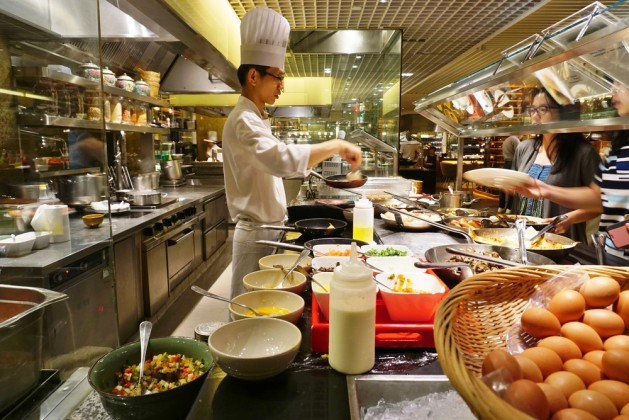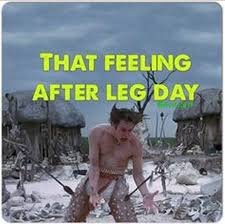
Most arguments for a vegan diet make a lot of sense: animal products are energy intensive and wasteful; animal products are unnecessary for an average person to maintain a nutritious diet; and, of course, the U.S. kills and mistreats billions of animals to sustain our desire for meat and dairy. So why is it that most omnivores kind of shrug, mumble, and keep eschewing the vegan lifestyle, myself included?
I think the problem comes from assuming food is only a source of nutrients and gustative pleasure. These are easier issues to address. If you only need to argue whether you can get all your nutrients from a vegan diet and have it be highly enjoyable, then people wouldn’t be so apprehensive, or worse, heated and defensive.
Food is more than just personal preference and nutrients. It plays an important role in culture and cultural identity. Now, your typical American is less connected to animal husbandry than the Maasai and hunting is less important to them than the Inuit, but meat and animal products are still culturally ingrained to mean certain things.
Meat and animal products signify prosperity, safety, and celebration. Think of a steak dinner followed by a birthday cake covered in buttercream, comfort food like mac and cheese, Thanksgiving turkeys, and Christmas hams. There’s a reason why, “A chicken in every pot,” was a slogan used by both Herbert Hoover and Henri IV of France in the 16th century. If food is a sign of status, wealth, and love, then costly and inefficient foods like meat and dairy have historically made the biggest statement. While rice and beans are delicious, Americans rarely break them out as a fancy date meal or holiday dinner. Except if they’re important to your ethnic background, which brings me to my next point.
How we eat is also how we culturally identify ourselves, whether it’s which state you believe has the best barbeque or whether you eat kosher or halal. In fact, as Michael Pollan observed, having outsiders eschew your culturally important foods can further underscore your cultural identity: thousand-year-old egg for those of Chinese background, buried and fermented shark for Icelandic folk, lutefisk for Nordic people, and so on. We align ourselves with those who eat similarly, and who have eaten like us for centuries. In a place like America, sometimes our cultural ties to food are the last vestiges of our history, after even old-country language has dissipated.
So imagine being told that this part of you is wrong and amoral, and that you shouldn’t culturally align yourself with friends, family, and ancestors, but with vegans.
Most vegans I know would never say that to someone, especially since they have to be on the defensive so much already. But it’s kind of like being that one atheist at a church wedding. Not matter how polite you are or happy that other people are happy or how much you appreciate the organ music or whatever else, the fact is you believe the God everyone is praying to is a fat lot of nothing. It’s pretty damn hard to cover that up with social niceties when faith is the cultural bedrock of so many people.
While believing in God and eating a burger are hardly equivalent, it’s worth noting that the small and large rituals we craft in everyday life, including around food, are part of our cultural identities. So when if you’re trying to convince someone to try a vegan diet, it’s different than asking them to take a spin class with you. You’re asking for something much deeper. That’s not to say you shouldn’t ask, but you should realize the scope of your request.



